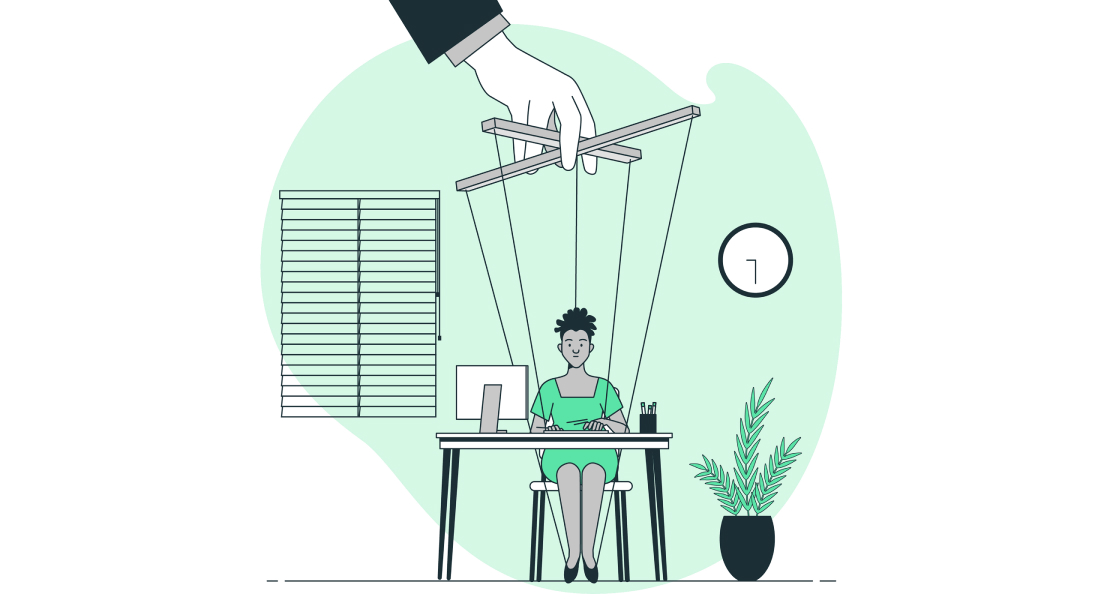
Overcoming the Loneliness of Freelancing
Overview of Freelancing and Loneliness
Freelancing offers unparalleled flexibility and independence, but it also comes with unique challenges. One significant issue that often goes unnoticed is loneliness. Unlike traditional office environments, freelancers typically work alone, lacking regular social interaction with colleagues. This isolation can impact not just their professional life, but also their personal well-being.
Impact of Loneliness on Freelancers
The effects of loneliness can be profound, affecting mental health, productivity, and overall happiness. Freelancers might experience feelings of disconnection, reduced motivation, and in some cases, mental health issues like anxiety and depression.
Purpose of the Article
This article aims to shed light on the loneliness experienced by freelancers, understanding its causes, impacts, and most importantly, exploring effective strategies to overcome it. We aim to provide freelancers with practical tips and insights to help them feel more connected and less isolated in their professional journey.
Understanding Loneliness in the Freelance World
Causes of Loneliness among Freelancers
The root causes of loneliness in freelancing are multifaceted. It's not just the physical solitude of working alone but also the absence of regular, meaningful professional interactions. This isolation is exacerbated by the lack of a structured work environment, leading to feelings of disconnection from a community or a collective purpose.
Differences from Traditional Workplace Loneliness
In a conventional workplace, employees have opportunities for spontaneous interactions and teamwork, which naturally foster a sense of belonging. Freelancers, on the other hand, often miss out on these social dynamics. The absence of a shared physical space means missing out on the informal bonding that occurs in break rooms, during coffee breaks, or in office celebrations. This stark contrast highlights how traditional workplace structures inadvertently support social connections, something that freelancers must actively seek out.
Personal Stories and Examples
Personal anecdotes underscore the reality of freelance loneliness. For instance, John, a freelance writer, describes feeling "out of the loop" and missing the camaraderie of an office setting. Similarly, Sarah, a self-employed consultant, notes the challenge of not having colleagues to share ideas or discuss challenges, leading to a sense of professional isolation. These stories reflect a common theme among freelancers: while they cherish their autonomy, they also yearn for the interpersonal connections that traditional workplaces offer.

Strategies to Combat Loneliness
Building a Professional Network
Creating a strong professional network is vital for freelancers. This can be achieved through online platforms like LinkedIn, industry-specific forums, or local meetups. Networking not only opens doors to new business opportunities but also provides a sense of community and mutual support.
Incorporating Social Interaction into Work Routine
Integrating social interaction into daily routines can significantly reduce feelings of isolation. This could mean scheduling regular calls with clients or peers, joining a coworking space, or attending workshops and seminars. These interactions provide a semblance of the office environment, fostering both professional growth and social engagement.
Leveraging Online Communities
Online communities specific to freelancing can be a valuable resource. Platforms like Reddit or Slack groups offer spaces where freelancers can share experiences, seek advice, and find solace in knowing others are facing similar challenges. These communities can provide emotional support, practical tips, and sometimes, even lead to collaborative opportunities.

Mental Health and Well-being for Freelancers
Recognizing Signs of Loneliness and Stress
Freelancers need to be vigilant about their mental health, as the signs of loneliness and stress can be subtle yet impactful. Symptoms can range from feeling disconnected or disinterested in work to physical manifestations like sleep disturbances or fatigue. It's also common for freelancers to experience a sense of professional stagnation or lack of creative inspiration. Recognizing these signs is the first step towards addressing them, paving the way for a healthier work-life balance.
Seeking Professional Help
When feelings of loneliness and stress become persistent, it's crucial to seek help from mental health professionals. Therapists can offer coping mechanisms specifically tailored for remote workers and freelancers. They provide a safe space to discuss challenges and offer strategies to build resilience. Additionally, joining support groups where freelancers share experiences and coping strategies can be immensely beneficial. These groups provide a sense of community and understanding that can be particularly comforting.
Maintaining Work-Life Balance
For freelancers, the lines between personal and professional life often blur, making it vital to consciously maintain a balance. This balance involves setting and adhering to a regular work schedule, creating a dedicated workspace, and ensuring time is set aside for rest and leisure activities. Engaging in physical exercise, pursuing hobbies, and socializing (even virtually) can greatly enhance mental well-being. Mindfulness practices, such as meditation or yoga, can also be effective in managing stress and fostering a sense of inner calm.

Leveraging Technology to Stay Connected
Tools and Platforms for Networking and Collaboration
In today's digital age, numerous tools and platforms facilitate networking and collaboration. Freelancers can use social media, professional networking sites like LinkedIn, and industry-specific forums to connect with peers and potential clients. Collaboration tools such as Slack, Trello, and Zoom can also replicate some aspects of a team environment, providing a platform for regular interaction and project collaboration.
Benefits of Virtual Coworking Spaces
Virtual coworking spaces are an innovative solution for combating loneliness. These platforms simulate a physical coworking environment, offering opportunities for networking, skill-sharing sessions, and sometimes even virtual coffee breaks. They provide a sense of community and routine that can be missing in a freelancer's life.
Embracing Digital Communication
Embracing digital communication channels is key for freelancers. Regular video calls, webinars, and online workshops not only aid in professional development but also provide opportunities for social interaction. These interactions can break the monotony of working alone and foster a sense of belonging and connection with others in the field.
Conclusion
Summary of Key Points
This article explored the often-overlooked issue of loneliness in freelancing, highlighting its causes, impacts, and strategies to mitigate it. We discussed the importance of building a professional network, integrating social interactions into daily routines, leveraging online communities, and maintaining a healthy work-life balance. The role of technology in facilitating connections and the significance of addressing mental health needs were also emphasized.
Encouragement for Freelancers
To all freelancers feeling isolated: you are not alone in this journey. By implementing these strategies and embracing the digital tools available, you can create a fulfilling and socially enriching freelance career.
Future Outlook on Freelancing and Mental Health
As the freelance industry continues to grow, acknowledging and addressing the mental health aspects of this work style becomes increasingly important. Looking forward, there is a growing awareness about the need for support systems and resources tailored to the unique challenges of freelancing. The future holds promise for more integrated solutions combining professional and social support for freelancers.
 Mark Petrenko
Mark Petrenko 
